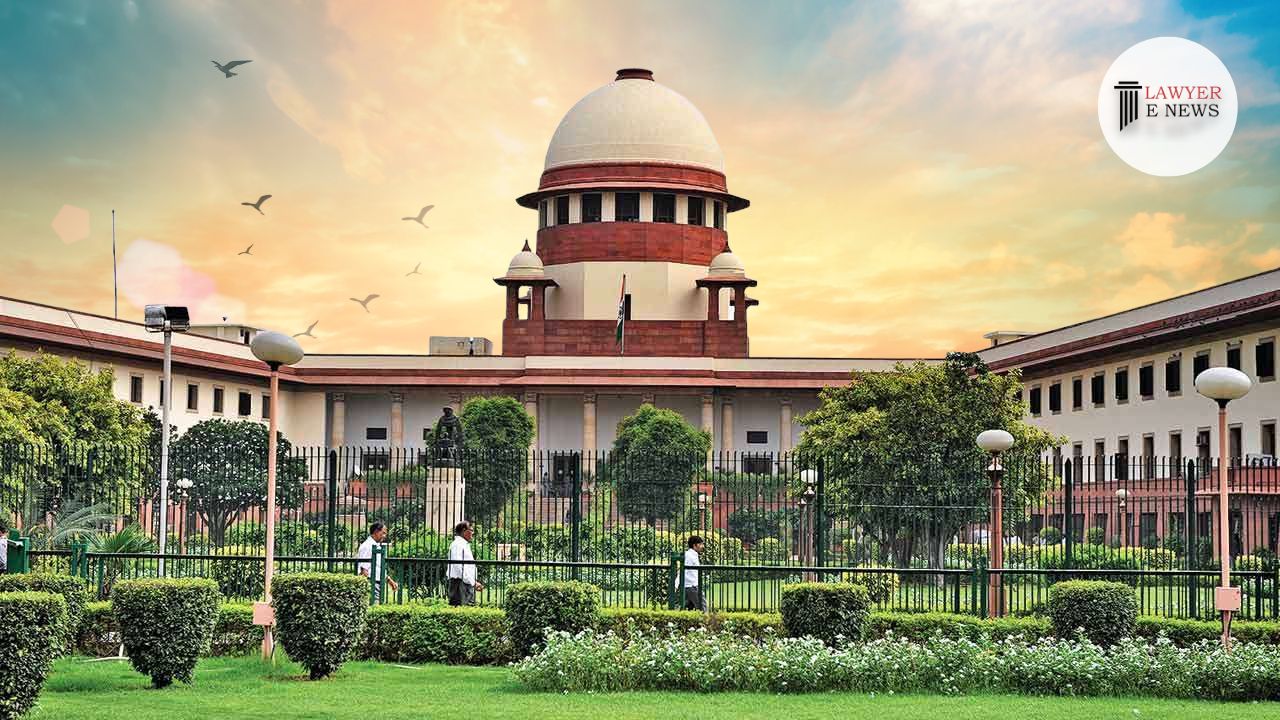-
by Admin
16 February 2026 1:47 PM



In a landmark judgment, the Supreme Court of India upheld the decision of the High Court that cooperative societies are not 'public authorities' under the Right to Information Act, 2005. However, the Assistant Registrars, functioning under the Maharashtra Cooperative Societies Act, are deemed public authorities and are thus obligated to provide information.
The case revolves around the interpretation of the status of cooperative societies and their obligation under the RTI Act. The petitioner, a cooperative society registered under the Maharashtra Cooperative Societies Act, challenged the High Court's decision, which had ruled that while societies are not 'public authorities', their Assistant Registrars are, and therefore must furnish information as required.
The Supreme Court noted, “...the Registrar of Co-operative Societies...is in a position to gather such information from the Co-operative Society to the extent the same is permitted by law.” The Court emphasized the statutory role of the Assistant Registrar in accessing information from cooperative societies. It was observed that information accessible under the Maharashtra Cooperative Societies Act should be available under the RTI Act, barring exceptions under Section 8(1) of the Act.
The judgment reinforces the interpretation of 'public authority' under Section 2(h) of the RTI Act and the role of Assistant Registrars under the Maharashtra Cooperative Societies Act. It upholds the principle that transparency and access to information of public importance are crucial.
The Supreme Court dismissed the special leave petition, aligning with the High Court's reasoning. It was concluded that the petitioner's arguments lacked merit, and the role of the Assistant Registrar as a public authority under the RTI Act was affirmed.
Date of Decision: 2nd February 2024
Sanjay Majoor Kamgar Sahakari Sanstha Buldana & Anr. vs. State Information Commissioner, Amravati Division & Ors.
